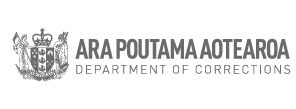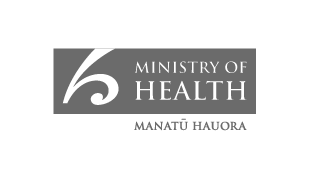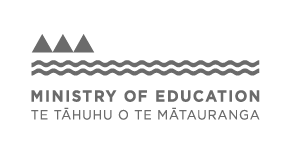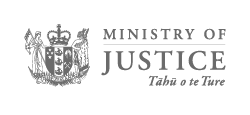Ensure the specialist, general and informal workforces are resourced and equipped to safely respond, heal and prevent, and enable wellbeing.
Different communities need different kinds of support to eliminate family violence and sexual violence.
In order to provide the right help to different people, we need:
- Skilled family violence or sexual violence specialists with skills and cultural competence in providing responses that meet the needs of different people, in healing or preventing violence.
- Workers in government and community generalist services who can identify if someone needs help, take action safely, and connect to specialist services if needed.
- People in informal networks including workplaces, marae, faith organisations, sports groups, friends, family and whānau who can respond, heal and prevent.
Action Plan: Shifting towards skilled, culturally competent and sustainable workforces
Actions 10-15 of the Action Plan will ensure specialists, general, and informal workforces are equipped to safely respond, heal and prevent, and enable wellbeing.
These actions are led by different Joint Venture agencies.
10. Develop and implement trauma-informed family violence and sexual violence capability frameworks for specialist workforces
Implement frameworks, tools and training for specialist, general, and voluntary workforces co-designed by and for tangata whenua, Pacific peoples, disabled people, LGBTQIA+, older people, ethnic, migrant and refugee communities, and children and young people.
Activities:
- Complete the co-design of capability frameworks and tools
- Implement the platform that will share training and knowledge.
11. Agencies implement capability frameworks for generalist workforces
Government agencies will develop and implement capability frameworks that help workforces understand how to work in a trauma- and violence-informed way, and how to recognise and respond to family violence and sexual violence.
Activities
- December 2022: Training developed across government to train generalist workforces.
- July 2024: All generalist workforces have been trained.
12. Build tools for communities and informal helpers
Build tools for people to recognise family violence, provide safe information and support, and connect with the right services.
Activities
- October 2021: First release of a website focused on people impacted by family violence, including 24/7 webchat and phone service. See available family violence support services.
- March 2022: Further develop online content for people who use violence
- Underway: Pilot of a 24/7 after hours phone service
- Work with people with lived experiences and specialists to improve the help available.
13. Invest in upskilling community primary prevention
Contract and train national and regional practitioners for primary prevention of family violence and sexual violence (linked with Action 2). This will help us develop a prevention system that focuses on prevention and strengthening, providing coordintion, connection and capability building to reduce drivers of violence for communities.
Activities
- December 2022: 5 regional primary prevention practitioners in place to test and learn from the prevention system model and support roll-out of practitioners.
- Identify long term funding, refine the model, plan for scaling up, map current coordination activity and contract communities for these roles.
14. Build specialist workforces for children
Develop a workforce that supports the needs of children and young people impacted by family violence and sexual violence. This will be co-designed with and for tangata whenua, disabled people, Pacific communities, LGBTQIA+, and ethnic, refugee and migrant communities.
Activity from December 2021
- Start scoping investment in initiatives to improve specialist workforce capability for children and young people.
15. Build court workforce capability
Train Ministry of Justice staff, the legal profession, and other people who work in court to better work with and support people impacted by violence.
Activities
- December 2022: Workforce training package developed with representatives of court participants and communities, including people impacted by violence and people who use violence
- Implement workforce training.
For more information, you can reach out to the Joint Venture and other support services through the Contact us page.








